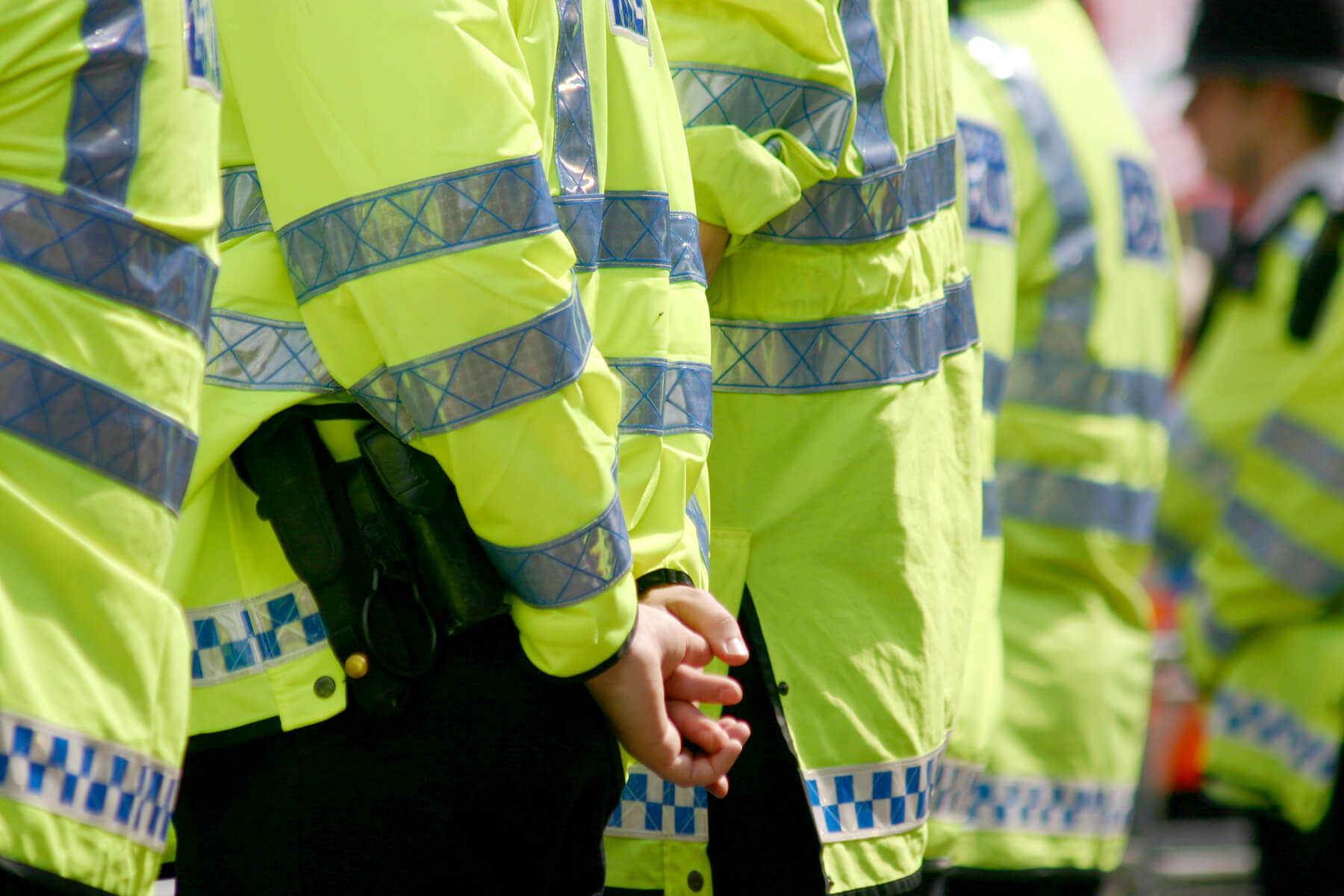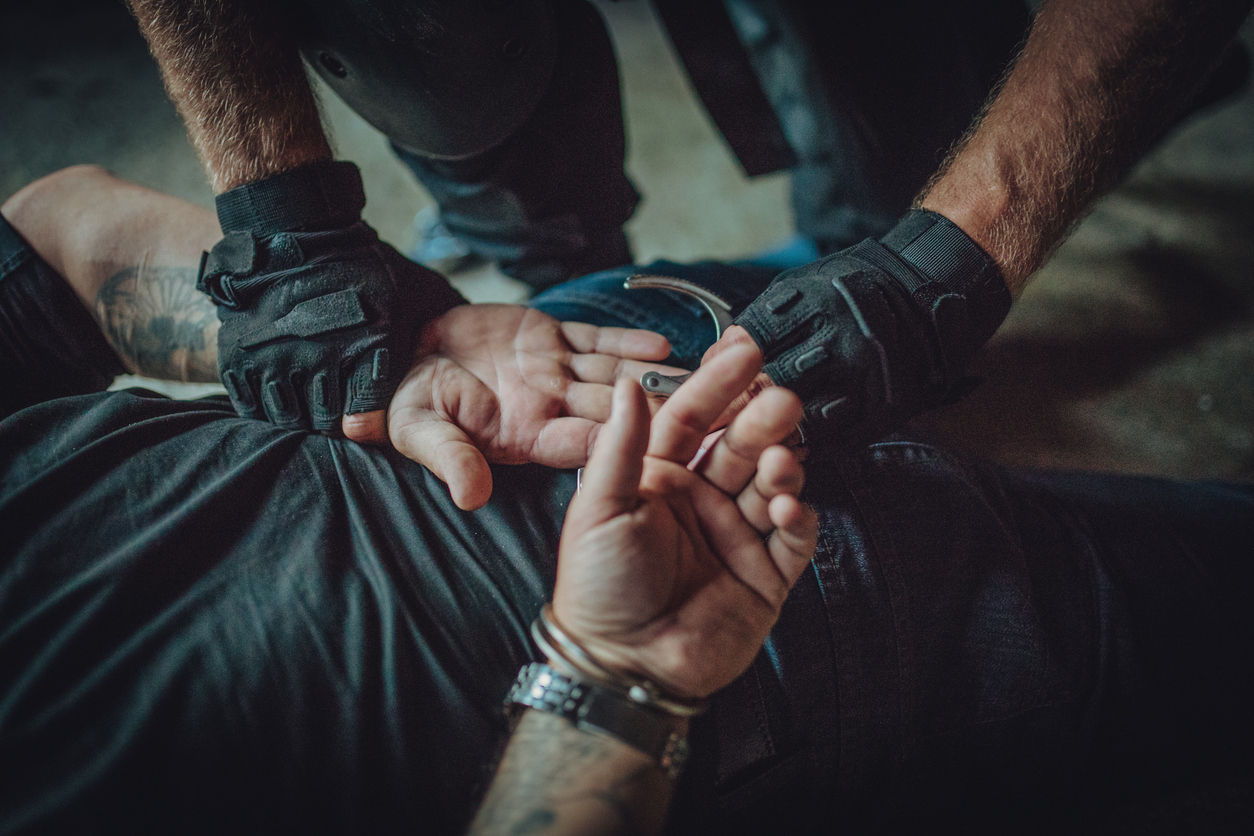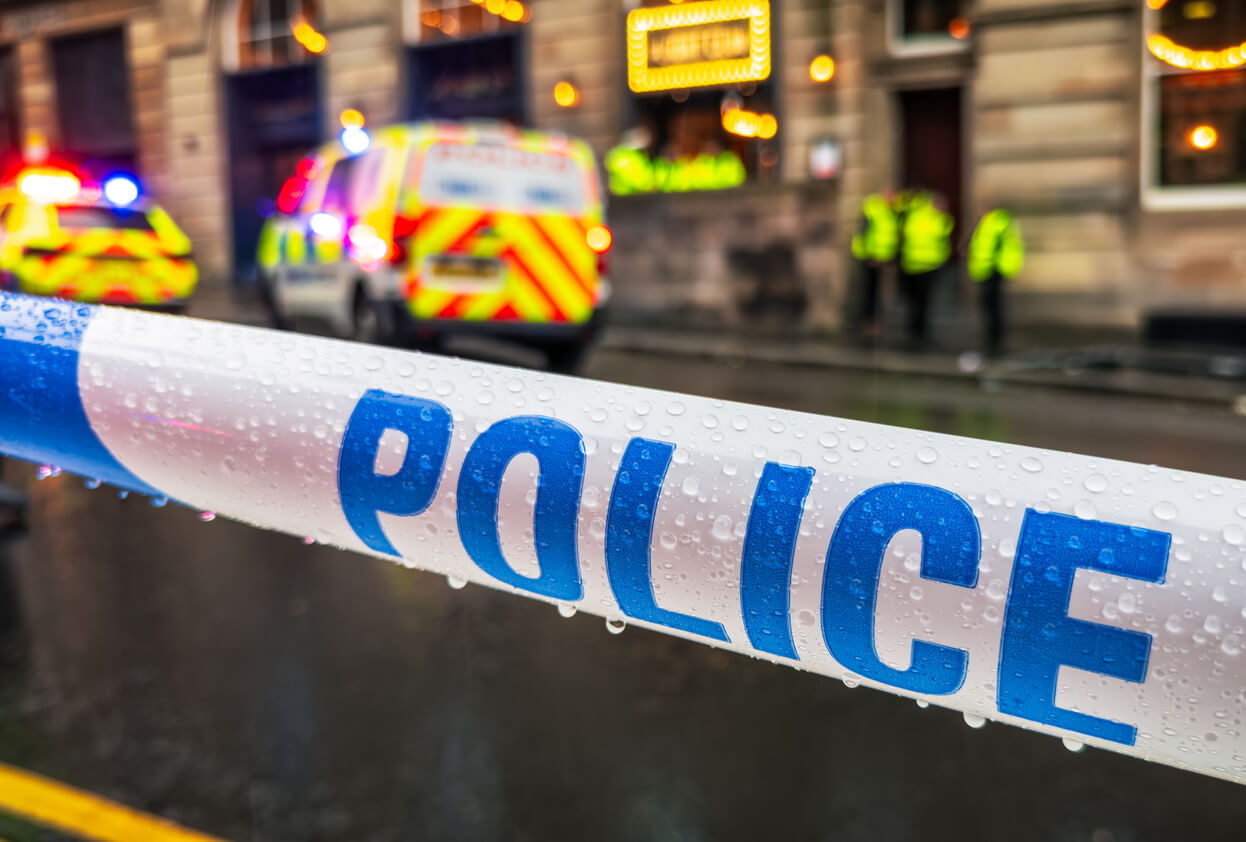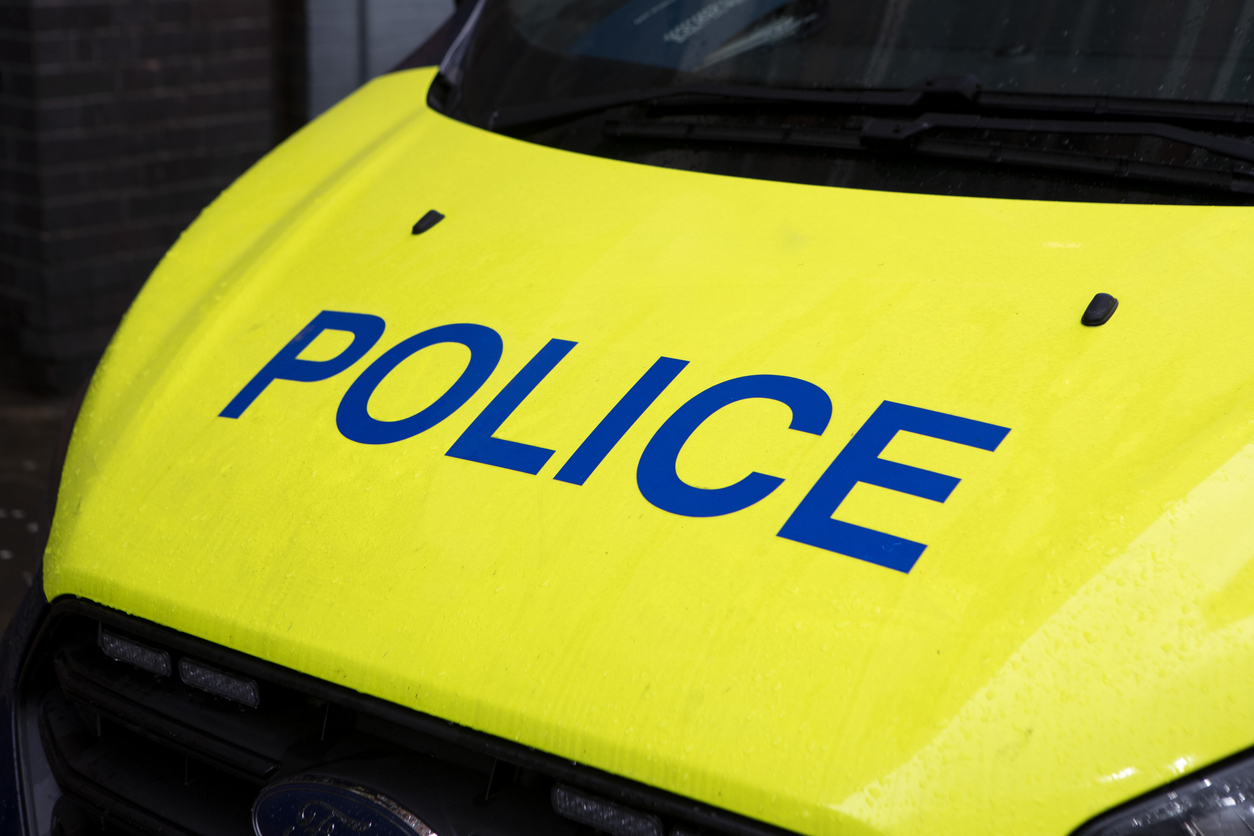Police stop and search powers: what are your rights?
Police stop and search powers: what are your rights?
Police stop and search powers are one of the most controversial and highly criticised police powers. There are ongoing questions around the effectiveness of stop and searches as well as its role in targeting ethnic minorities.
Recent government analysis of stop and search practices reveals that black people are more than four times as likely to be stopped and searched by police. As a result, just last week, the Metropolitan Police unveiled a new charter for stop and search, which included more oversight of how the contentious tactic is used.
In this article, we will outline the police stop and search powers, when an officer can and cannot stop and search an individual, and what your rights are when you are stopped and searched. We’ll also discuss the new measures in place by the Metropolitan police to try tackle the criticisms of the stop and search procedure. If police officers do not follow the set rules when conducting a stop and search, it could be unlawful, in which case, you could be entitled to claim compensation.
What are the police stop and search powers?
Police stop and search powers describe the power that police have to stop people and detain them in order to search them. Being stopped and searched does not mean that you are under arrest. The police stop and search powers are governed by clearly defined regulations, which determine when the use of this power is appropriate. The Police stop and search powers are mostly outlined in The Police and Criminal Evidence Act 1984 (PACE), Section 1, as well as in Section 60 of the Criminal Justice and Public Order Act 1994. If these regulations are not followed, it can result in an unlawful stop and search, which can be an extremely distressing experience for those who experience it.
The College of Policing defines stop and search powers as a range of statutory powers available to police, depending on the circumstances. Most, but not all, of these powers require an officer to have reasonable grounds for suspicion that an unlawful item is being carried. One thing that all the powers have in common is that they allow officers to detain a person who is not under arrest in order to search them or their vehicle for an unlawful item.
Stop and question powers
A police officer may stop and ask you:
- Your name
- What you are doing in the area
- Where are you going
You do not have to stop and answer these questions, and if you don’t, and there is no other reason to suspect you, this alone cannot be used as a reason to search or arrest you.
Police have stop and search powers that allow them to detain a person who is not under arrest if they have reasonable grounds to think they are carrying an “unlawful item”, such as a weapon or drugs.

Stop and search powers
The police stop and search powers are clearly outlined. A police officer has the power to make a suspicion-based stop and search you if they have “reasonable grounds” to suspect you are carrying the following:
- Illegal drugs
- A weapon
- Stolen property
- Something you could use to commit a crime
- Illegal fireworks
Reasonable grounds mean the officer must genuinely suspect that they will find the item they are searching for. It must also be objectively reasonable for them to suspect this, with the information they have available to them.
Reasonable grounds for suspicion cannot be based on your physical appearance, generalisations, stereotypes or the fact that you are part of a certain category of people unless they have information which provides a description of someone carrying an illegal item that fits your description.
The key thing to remember when it comes to your police stop and search rights is that, in most cases, the police must have reasonable grounds to believe you possess one of the items listed above. They must also explain to you both the reasonable grounds for suspicion and what they specifically expect to find before they conduct the stop and search. The search cannot be speculative, and they cannot search for something not on the list above.
The police can stop you because of your behaviour, on some occasions, depending on where you are at a certain time. If the police believe that you were acting suspiciously, they must be able to explain to you how your behaviour was suspicious.

Can police officers ever stop and search without reasonable grounds?
Under section 60 of the Criminal Justice and Public Order Act 1994, a police officer can stop and search a person without reasonable suspicion under specific circumstances. Officers can only stop and search you without reasonable grounds if they are in uniform and it has been approved by a senior police officer. This can happen if there is reason to suspect:
- Serious violence could take place
- You’re carrying a weapon or have used one
- You’re in a specific location or area
They do not need to have any suspicion that you’re carrying drugs, a weapon or stolen property to search you under section 60.
Your rights if you are stopped and searched
Police must remain professional during stop-and-search encounters. During stop and searches, police must comply with professional standards of conduct and the Code of Ethics, communicate with people effectively and treat people with dignity and respect.
There is a guide in the College of Policing that explains how police should behave when they stop and search people. It states that police must search people in accordance with GOWISELY:
- G: Officers must provide a clear explanation of the officer’s grounds for suspicion.
- O: Officers must provide a clear explanation of the object and purpose of the search in terms of the article being searched for.
- W: They must present a warrant card if not in uniform or if the individual requests to see it.
- I: Officers must identify themselves by providing you with their name and their collar number.
- S: The officer must tell the individual which station they work at.
- E: The individual is entitled to a copy of the search record within three months.
- L: The police must inform you of the legal power they are using to stop and search you.
- Y: “You are detained for the purposes of a search”. The police must tell you this.
The amount of time you are detained must be kept to a minimum. You can ask the officer(s): “Am I being detained?” if you’re unsure whether the stop and search is complete, and if they say you are not being detained, you do not have to stay and are free to walk away. For more information about your police stop and search rights, read our dedicated article on the topic.
What are my rights when it comes to strip searches?
The police can ask you to take off your coat, jacket and gloves during a stop and search. If an officer also wants you to remove a religious head covering, they must allow you to do so out of public view.
If the search requires you to remove more than jackets, coats or gloves, officers can ask you to remove any item of clothing that is not covering an intimate part of the body, and this is classed as a strip search. This must take place out of public view, such as in a police station. In these circumstances, the police officer conducting the search must be the same gender as you. If an officer doesn’t know your gender, they can ask which you’d prefer.
Police can only strip search you if they reasonably believe you have hidden an item that you should not have, and they believe it is necessary to remove that item.

A new charter for improving stop and search
There has been a continuous backlash against police stops and searches in recent years and many calls for reform. As a result, it was recently reported that The Metropolitan Police unveiled a new charter for stop and search, which supposedly includes more oversight of how the “contentious” tactic is used, as well as offering improved handling of complaints. The force claims these new measures have been developed with the help of more than 8500 Londoners of all ages and ethnicities.
Police stop and search has long been a controversial practice, with many claiming the police disproportionately target black and minority ethnic (BAME) individuals, and recent government data stating that black people are more than four times as likely to be stopped and searched by police.
One individual, who was invited to New Scotland Yard to help the Metropolitan Police launch their new commitments, believes he has been stopped and searched over 100 times, at just age 20. He said he even stopped leaving the house because when he did, he would get stopped and searched.
Despite the controversy, the Met claim the tactic is successful and has saved lives as it has led to the seizure of 17,500 weapons in the last four years, including as many as 3500 in 2024 alone.
Met chief commissioner Sir Mark Rowley said he hoped the new charter would “help to build trust in a policing tactic that, so often, has been at the root of mistrust.”
The Met said the charter would help ensure searches are done professionally and respectfully and includes:
- Better training for police officers to understand the communities they serve. Communication skills will also be worked on so that officers show empathy and are confident in providing de-escalation during searches.
- A “more robust supervision process” with regular and random reviews of how stop and search is operating.
- Improved handling of complaints so the process is more accessible. They’re also including the community in the decision-making to prevent internal bias.
- They pledge to work with communities to “reduce fear and show that [stop and search] is being used fairly and without prejudice”.
What is classed as an unlawful stop and search?
If an officer does not follow the set regulations when conducting a stop and search, then it can be classed as unlawful. For example, if the officer cannot provide reasonable grounds to suspect you may be carrying something you shouldn’t, then the stop and search may well be unlawful. There are limitations around how the stop and search must be conducted as well. You must only be stopped for as long as it takes to conduct the search. The officer must also inform you of their name, their police station, what they are searching you for, and the grounds for suspicion. They should also tell you that you can get a record of the search if you wish to.

What can you do if you have been unlawfully stopped and searched?
If you have been subject to an unlawful stop and search, this can be a deeply troubling experience. It is not acceptable for police officers to act unlawfully, and if they have done so, you are entitled to make a claim. If the stop and search you experienced involved the use of physical restraint or force, this may also constitute trespass to the person or excessive force, and in this case, you could be entitled to claim more compensation for this.
Get in touch with a team of experienced action against the police solicitors who can support you in making a civil claim against the police for your unlawful stop and search. They will have the knowledge and experience needed to help you launch a successful claim and fight on your behalf to get the compensation you deserve.
HNK Solicitors can help with your action against the police claim
Here at HNK Solicitors, we have many years of experience successfully helping clients claim compensation for police misconduct, including unlawful stop and search. Over the years, we have helped innocent victims get the compensation they deserve.
If you believe you have been the victim of an unlawful stop and search, get in touch with us today. We offer clients a no-win, no-fee service, so it doesn’t cost a penny upfront to start your claim, and we arrange free consultations with clients to find out the likelihood of your claim being successful. To begin your claim, get in touch with us at 0151668 087 or email us at enquiries@hnksolicitors.com.













